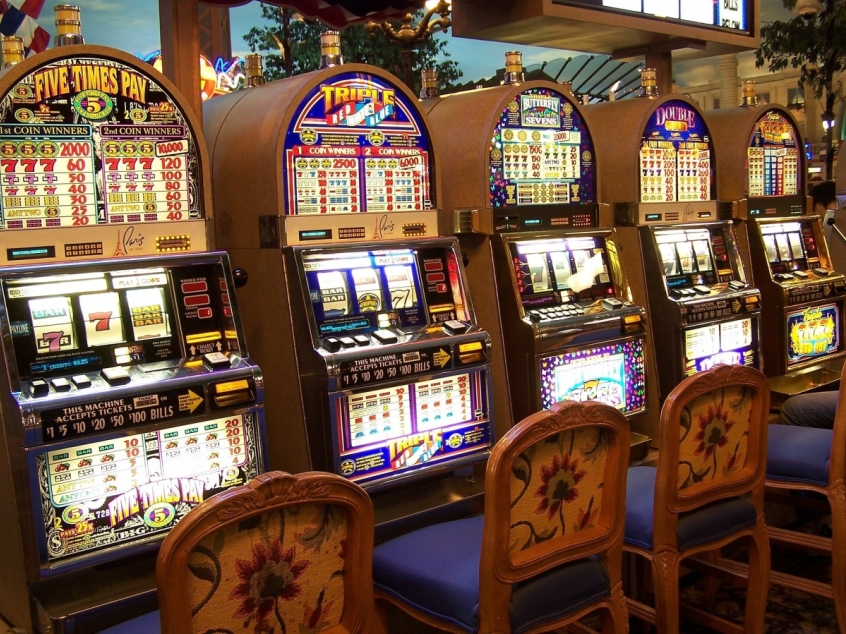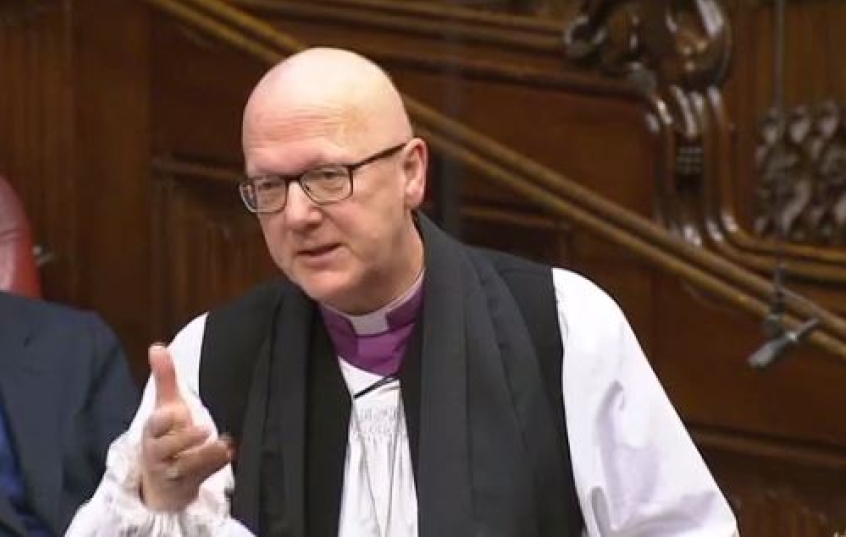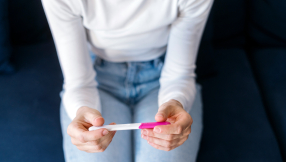The maximum stake for fixed-odds betting terminals (FOBTs) will be dramatically cut from £100 to £2 in a major victory for campaigners, including a number of churches.
The roulette machines, dubbed the 'crack cocaine' of gambling because of their highly addictive nature, currently take up to £100 every 20 seconds, meaning £18,000 could be lost in an hour.

Culture secretary Matt Hancock opted for the more drastic option of a £2 maximum stake after a government review allowed for the stake to be reduced to as much as £30.
But Hancock said: 'When faced with the choice of halfway measures or doing everything we can to protect vulnerable people, we have chosen to take a stand.
'These machines are a social blight and prey on some of the most vulnerable in society, and we are determined to put a stop to it and build a fairer society for all.'
It comes after months of intense debate with the betting industry warning a reduction to £2 maximum stake could cost up to 20,000 jobs, with more than half of the betting industry's £1.8 billion annual revenue coming from FOBTs.
Research by KPMG has estimated a £2 limit would cut revenue for the Treasury by £1.1billion over three years, result in an annual loss of £45 million to local authorities and cost British racing £50 million.
William Hill alone said its full-year operating profit could fall by between £70 million and £100 million and warned that 900 of its shops could become loss-making, potentially leading to job losses.

But the department for culture, media and sport, said the government would offset any loss to tax revenue with an increase in Remote Gaming Duty, paid by online gaming operators.
Sports minister Tracey Crouch said: 'While we want a healthy gambling industry that contributes to the economy, we also need one that does all it can to protect players. We are increasing protections around online gambling, doing more on research, education and treatment of problem gambling and ensuring tighter rules around gambling advertising.
'We will work with the industry on the impact of these changes and are confident that this innovative sector will step up and help achieve this balance.'
The decision is a major victory for a number of churches, including the Church of England, the Methodist Church, the Baptist Union of Great Britain and the Church of Scotland which have all campaigned on the issue. The CofE unanimously backed a motion in 2017 calling for a £2 maximum stake and the bishop of St Albans, Alan Smith, said the move was 'essential'.
'Fixed-odds betting terminals are a scourge on high streets that have taken advantage of the vulnerable for too long.
'I am very glad the government agrees that a £2 stake is an essential part of the solution.
'Of course, there is more work to be done, but the government has made the right decision.'
CARE, a Christian lobbying charity that drafted the first bill on the issue in 2015 with Lib Dem peer Lord Clement-Jones, also welcomed the move.
Director of public policy Dan Boucher told Christian Today the reduction to £2 was crucial.
'A £20 maximum stake would still have lots of appeal and allure and would just have the effect that problem gamblers would spend longer betting and longer away from their families.
'It would have been counter-productive. At £2 the allure is gone.'
But he added: 'I think what we would really stress is online gambling. We have been very, very clear that this is not all there is. There are much bigger social responsibility issues that need to be looked at. Online gambling is just as problematic as FOBTs.'
He added the decision only relates to Britain, and not Northern Ireland, and suggested this, as well as online gambling, would be the next issue for campaigners.













